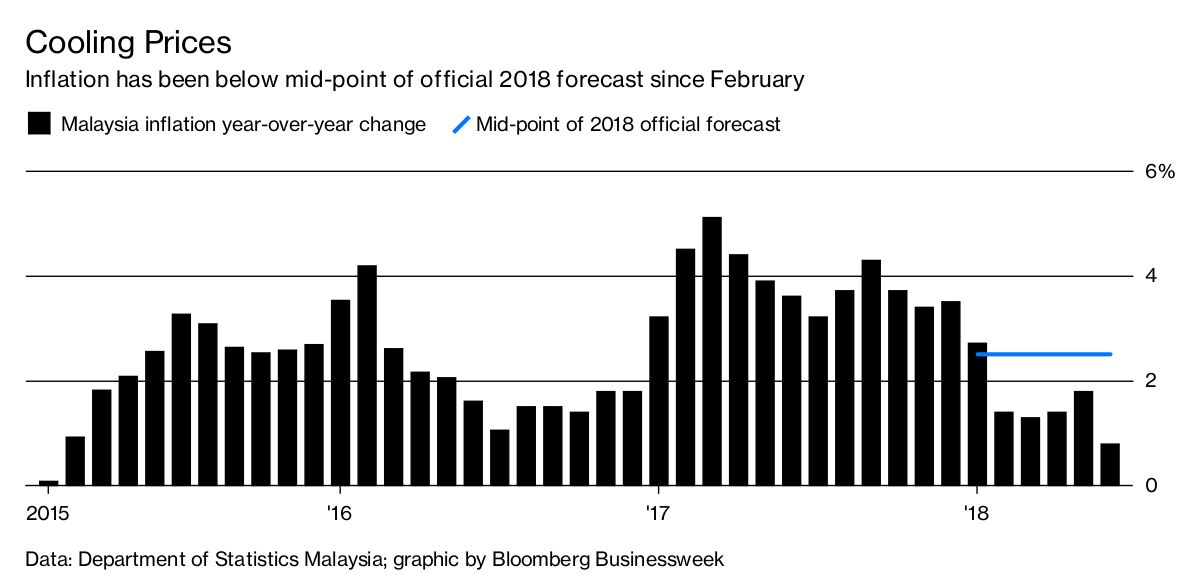

"The Russian economy is losing approximately $200 million dollars a day - or $70 billion on an annual basis - as a direct result of the war." And in fact there are plenty of energy buyers who will not buy Russian oil at any price today, whether because of sanctions or because of reputational risk," he said. The secured overnight financing rate (SOFR) is a benchmark interest rate for dollar-denominated derivatives and loans that replaced LIBOR.

"Nobody today would buy Russian oil at $120 a barrel. Pavel Molchanov, an analyst at Raymond James, noted that Russian oil is selling for $35 per barrel less than Brent crude, the international benchmark, reflecting the discount buyers demand for doing business with the nation. Although the ruble's bounceback and the strength of Russia's oil exports have temporarily cushioned its economy from sanctions, the effect is likely to be short-term, experts say.
Usd rub bloomberg free#
"While this is not a free market-determined exchange rate, ruble stability is at the same time 'real,' in the sense that it's driven by Russia's all-time high current account inflows," Elina Ribakova, deputy chief economist at the Institute of International Finance (IIF), said via email.Ī strong currency doesn't mean Russia is immune to economic pain, however. It doesn't actually mean they are being paid a fair price for their stakes, so they are not moving large amounts of cash from the country," she said.Īll these factors are creating demand for rubles, boosting the currency's value. "Although we are seeing these announcements that Western companies are leaving Russia, quite often they simply have to hand over their stakes to their local partners. (The conversion requirement was 80% until the end of May, when it dropped to 50%.) On top of that, Orlova noted, it's extremely difficult for foreign companies to sell their Russian investments, another obstacle to capital flight. Meanwhile, Russian exporters are required to convert half of their excess revenues into rubles, creating demand for the currency. "That used to be quite a significant source of outflows for currency from Russia - now that channel is closed," Orlova said. That includes a ban on foreign holders of Russian stock and bonds taking dividend payments out of the country.

Russia's central bank has also propped up the ruble with strict capital controls that make it harder to convert it to other currencies. "We have this coincidence that, as imports have collapsed, exports are soaring," Orlova said.


 0 kommentar(er)
0 kommentar(er)
